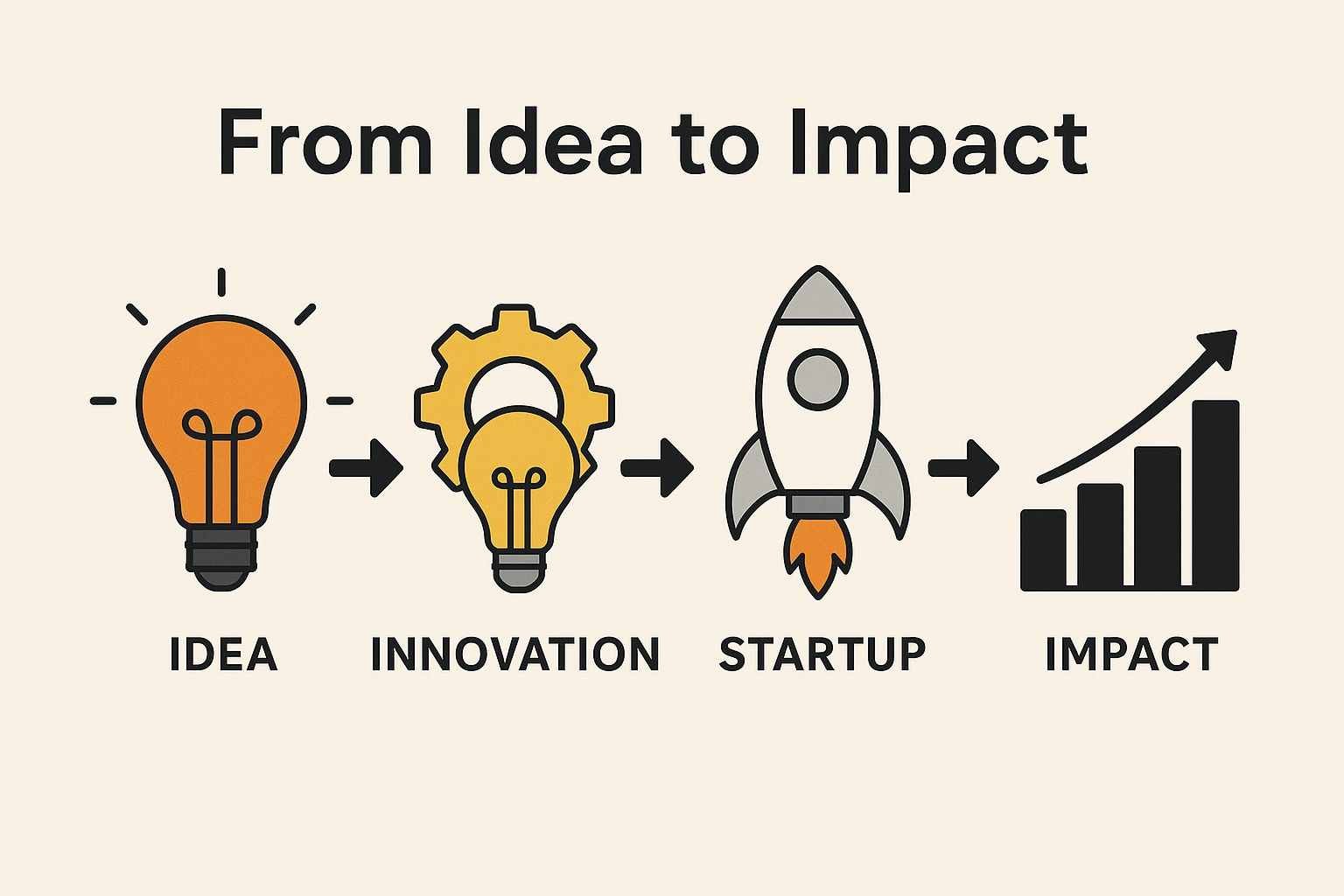A quiet shift is reshaping the Indian startup landscape. It’s not happening in corporate boardrooms or flashy pitch events—it’s unfolding in classrooms, labs, and community spaces across the country. At the heart of this change is a powerful catalyst: startup incubators.
Once viewed as optional add-ons to educational institutions, incubators are now at the center of India’s innovation story, giving entrepreneurs from all walks of life the tools, training, and confidence to launch impactful businesses. They’re breaking barriers, closing gaps, and—most importantly—leveling the playing field.
What Incubators Are Doing Right
Incubators today are much more than just office spaces. They provide:
-
Mentorship from industry experts
-
Access to early-stage funding
-
Legal, financial, and IP guidance
-
Networking opportunities with investors and peers
-
Product development and prototyping support
These services, once only available to elite founders, are now accessible to students in small towns, first-generation entrepreneurs, and innovators with no formal business training.
This democratization of opportunity is redefining what’s possible. “We’re seeing founders emerge from backgrounds that were traditionally overlooked in the startup world,” says an ecosystem strategist. “That’s where real innovation is happening.”
Creating Entrepreneurial Ecosystems, Not Just Startups
Modern incubators aren’t just churning out companies—they’re building ecosystems. Partnerships with government bodies, local industries, and global accelerators are creating robust networks of support that continue even after startups graduate.
From agritech to edtech, health-tech to clean energy, incubators are helping launch startups that address real-world problems—often rooted in local communities.
Still, There Are Hurdles
Despite rapid growth, challenges remain. Many incubators suffer from:
-
Lack of experienced mentors
-
Inconsistent funding support
-
Limited awareness among students and innovators
-
Bureaucratic or academic rigidity
Moreover, not all incubators have a clear long-term vision, which can impact their effectiveness. To truly scale impact, incubators need skilled leadership, policy support, and community engagement.
The Future: Inclusive, Impact-Driven Innovation
As India moves toward becoming a global startup hub, the role of incubators will only grow. They will play a crucial role in nurturing startups that aren’t just chasing profit, but are solving problems, generating employment, and bringing India’s grassroots ingenuity to the global stage.
The future of startups in India is being built now—in incubators across the country. And if nurtured well, this ecosystem can unlock not just unicorns, but a new wave of equitable, sustainable innovation for the world.



